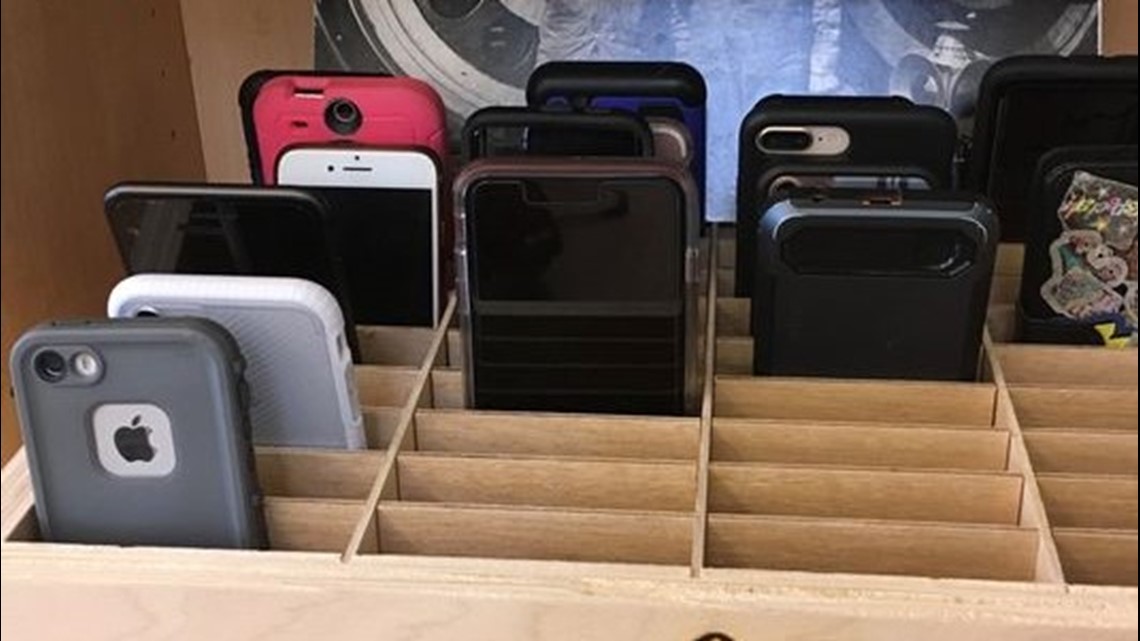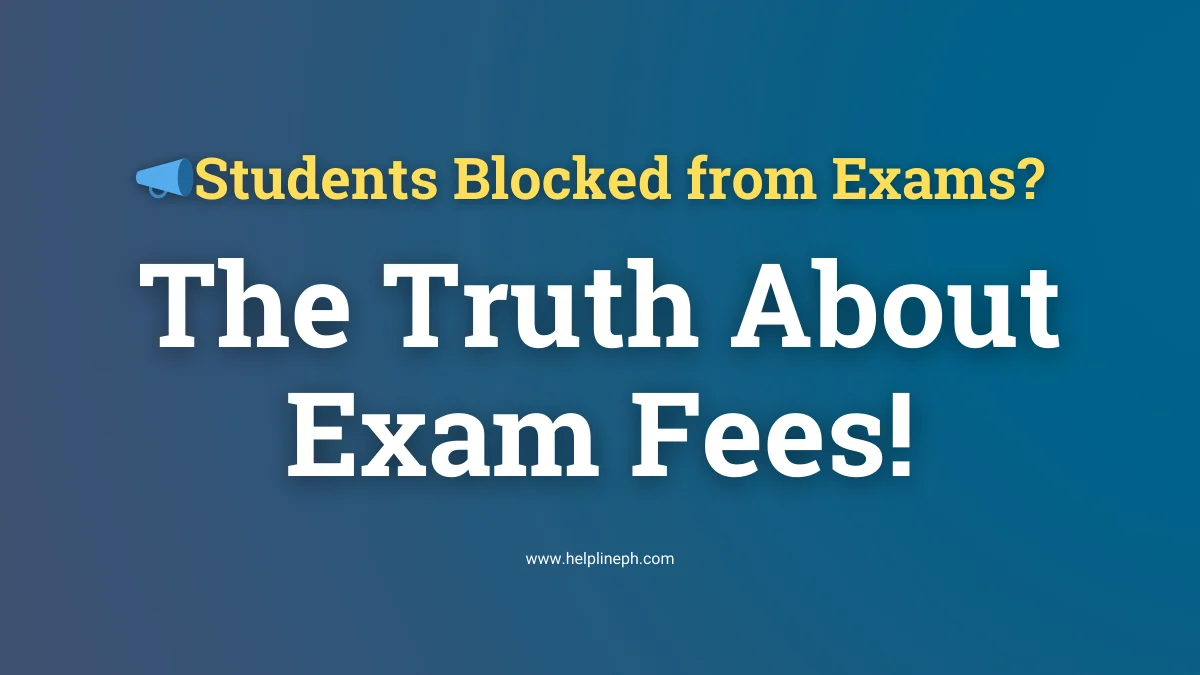Addressing Accountability in Schools: The Case of a Lost Cellphone
In a recent incident that has sparked considerable debate among parents and educators, a teacher’s decision to collect students’ cellphones before class has led to an unexpected dilemma. A video circulating online captures a parent’s concern after their child’s phone went missing under the teacher’s custody. This situation raises critical questions about responsibility and accountability in educational settings.
The Incident
Before the start of a class, a teacher collected cellphones from students, a common practice intended to minimize distractions and enhance focus. However, the procedure took an unfortunate turn when one student’s phone was reported missing. The parent of the affected student expressed their dilemma in the video, questioning whether it is fair to hold the teacher accountable for the loss and seeking advice on possible negotiations.
The Question of Custody and Responsibility
The core issue revolves around the concept of custody and responsibility. When a teacher assumes control of students’ belongings, do they also accept full responsibility for their safekeeping? In this case, the argument presented in the video leans towards affirmative. It suggests that since the teacher had taken possession of the phones, they were also responsible for their security and return.
Legal and Ethical Implications
This incident isn’t just about a lost phone; it delves into the legal and ethical responsibilities of educators. Legally, the concept of ‘bailment’ in property law comes into play, where a person (in this case, the teacher) temporarily takes charge of another’s property (the cellphone). Ethically, it’s about trust and the duty of care educators owe to their students.
The Role of School Policies
School policies often dictate procedures regarding personal belongings. However, this incident highlights a potential gap in such policies, especially concerning accountability for items collected by teachers. It raises the question of whether schools should implement more explicit guidelines and procedures for handling students’ personal property.
Moving Forward: Accountability and Solutions
The video underscores the need for clear communication and policies regarding the handling of personal items in schools. Solutions could include:
- Clear Policy Guidelines: Schools should establish clear guidelines about handling and storing students’ personal items.
- Training for Educators: Teachers should be trained on the legal and ethical aspects of taking custody of students’ belongings.
- Communication with Parents and Students: Schools need to communicate their policies effectively to both parents and students, ensuring everyone understands the procedures and responsibilities involved.
- Alternative Strategies: Schools might consider alternative strategies for managing distractions, such as designated areas for phones during class, without taking personal custody of them.
Conclusion
The incident of the lost cellphone in a classroom setting is more than an isolated event; it’s a call to reevaluate and reinforce the policies and practices surrounding the custody of personal items in educational institutions. It highlights the need for a balanced approach that respects students’ rights while maintaining an environment conducive to learning.






